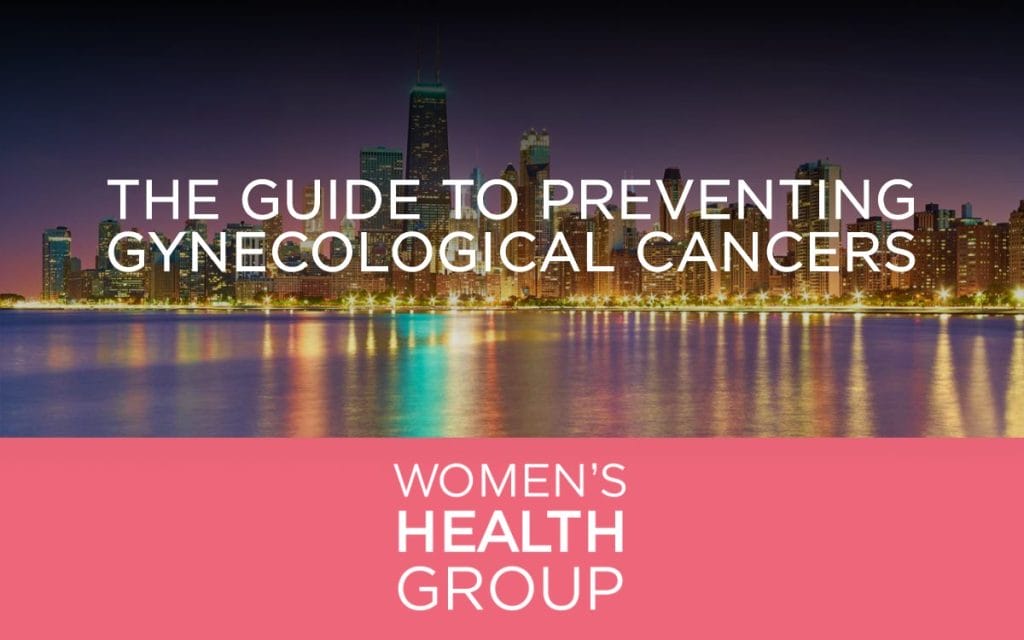Profile of Gynecological Cancers
Hailing from the city of the windy city, the Women’s Health Group, Obstetrician-gynecologist in Chicago, Illinois, has been dedicated to the health and well-being of women for decades. Today, we’ll tackle an essential topic that affects women worldwide: gynecological cancer prevention.
Every woman is at risk of developing gynecological cancers at any age. These cancers originate in the unique reproductive organs of women, such as the cervix, ovaries, uterus, vagina, and vulva. Each gynecological cancer is distinct, with differing risk factors, symptoms, and prevention strategies.
Significance of Early Detection
The early detection and prevention of gynecological cancers cannot be overstated. According to Mayo Clinic, early detection of cancer increases the chances of successful treatment and reduces the risk of mortality. With gynecological cancers, this is especially vital as symptoms typically do not emerge until the cancer has developed significantly.
Awareness of Risk Factors
Understanding the risk factors associated with gynecological cancers is a significant step in cancer prevention. While risk factors may not directly cause cancer, they increase the chances of developing the disease. Key risk factors for gynecological cancers include:
– Age: The risk increases with age, especially for ovarian and endometrial cancers.
– Family history: A history of gynecological cancer in the family can increase risk.
– Certain genetic mutations: Specific genetic mutations such as BRCA1 and BRCA2 can increase the risk for certain gynecological cancers.
– HPV infection: A significant number of cervical and vaginal cancers are linked to the human papillomavirus (HPV).
– Obesity: Obesity increases the risk of several cancers, including uterine cancer.
Preventive Measures for Gynecological Cancers
Women can adopt various measures to minimize their risk of developing gynecological cancers.
Regular Screening and Self-Examinations
Regular screening is crucial for early detection of gynecological cancers, particularly cervical cancer. Pap tests can identify precancerous changes in the cervix that can be treated before cancer develops.
Women should know how their bodies normally look and feel to recognize any changes that may indicate a problem. Regular self-examinations can help identify abnormalities of the skin or reproductive organs that require medical attention.
Vaccination
HPV vaccination provides protection against the strains of HPV that most often cause cervical, vaginal, and vulvar cancers. It is recommended for individuals aged 11 or 12 but can be given beginning at age 9 and up until age 45.
Lifestyle Modification
A healthy lifestyle can contribute to gynecological cancer prevention. Eating a balanced diet, engaging in regular physical activity, maintaining a healthy weight, and avoiding tobacco can reduce the risk of various cancers.
Genetic Counseling
For women at high risk due to family history or genetic mutations, genetic counseling can provide essential information about the risk and the options for managing it.
Wrapping Up
The prevention and early detection of gynecological cancers are fundamentally about knowledge and proactivity. By understanding the risk factors and implementing preventative measures such as regular screening, HPV vaccination, lifestyle modification, women can substantially improve their defense against these cancers.
The Women’s Health Group of obstetrician-gynecologists in Chicago, Illinois, is committed to supporting women in this journey. Guided by expert knowledge and fueled by a deep passion for women’s health, they champion clean, healthy living as the mainstay of cancer prevention. Discover more about cancer prevention at Women’sHealth.gov.




